There have been enough remakes of Alfred Hitchcock movies that the arrival of another, Ben Wheatley’s Rebecca on Netflix, shouldn’t, in itself, be a cause for outcry. The reasons behind embarking on any remake do however bear examination, especially after Gus Van Sant’s shot-for-shot remake of Psycho. With 80 years separating Hitchcock and Wheatley’s adaptations of Daphne Du Maurier’s Rebecca, it would seem obvious that certain aspects of Hitchcock’s gothic classic would be ripe for updating.
Last Night I Dreamt I Went to Manderley Again
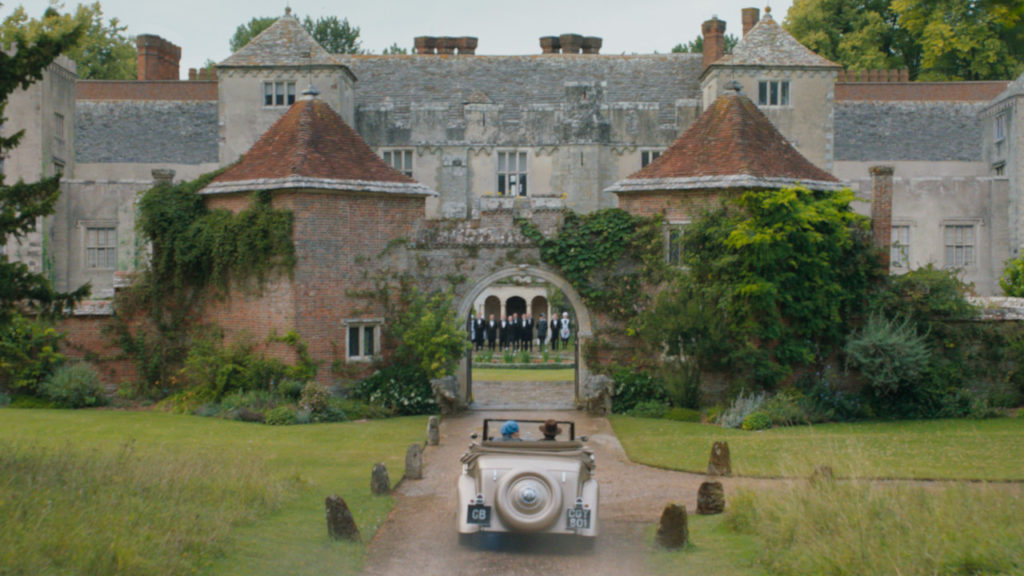
Despite Laurence Olivier’s dashing pencil moustache and cut glass accent, his version of the haunted George Fortescue Maximilian “Maxim” de Winter, is a ghastly boor. Borderline abusive and almost completely unsympathetic to modern audiences, it’s a wonder Joan Fontaine’s unnamed second Mrs. DeWinter could bear to be in the same room as him, never mind marry him. Even considering his emotional issues, apprently arising from the circumstances surrounding his first wife’s death, he treats her with such frivolity that their “romance” would instantly cast him as a villain to be avoided, long before anything sinister arises at Manderley.
Armie Hammer’s new version of Maxim has a much more attractive personality, and the film actually depicts his romance with Lily James this time, rather than confining it to home movies. With that said, Wheatley’s adaptation doesn’t stray too far from the beats of the novel, opening with those iconic lines before revealing, in more detail, the couple’s whirlwind romance in Monte Carlo, before moving on to the second Mrs. DeWinter’s arrival at the vast 300 year old estate of Manderley and her difficulties adapting to life as “Lady of the Manor.”
I Suppose She Was the Most Beautiful Creature I Saw in My Life
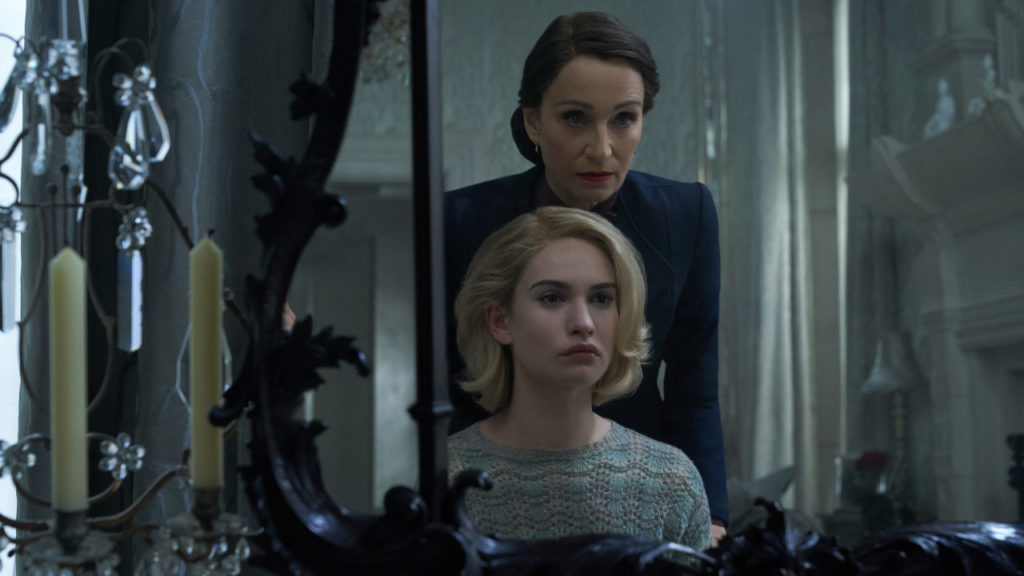
This update wisely gives Lily James’ Mrs. De Winter a far more proactive role, as she clashes with Kristen Scott Thomas’ Mrs. Danvers, Manderley’s housekeeper and current queen bee. Beats from the original that would prompt modern audiences to scream at the screen in frustration have been removed or given more substance. This goes doubly for the third act. While the original devolved into a series of scenes of men talking in rooms, James has a far more active role in unearthing the mystery of the disappearance of Maxim’s first wife.
The screenplay by Jane Goldman, Joe Shrapnel, and Anna Waterhouse also elevates the class consciousness of the story with James spending the first act being bombarded with reminders of her lowly station in life. Most of these snide comments originate with Ann Dowd’s obnoxious Mrs. Van Hopper, the rich lady who hires James as a travelling companion. Later in the movie, a ball at Manderley reminds the new Mrs. DeWinter that while she feels adrift in the upper classes she’s married into, she no longer belongs among “the staff.”
In a nice nod to the original, Dowd sports a delightfully over the top, mid-Atlantic accent, the type everyone used in 1940s Hollywood, but it’s not the only one. A sly silhouette cast upon a screen in the third act bears more than a passing resemblance to the director’s own, as shown at the start of every “Alfred Hitchcock Presents” and there’s a sinister murmuration of birds punctuating certain scenes.
Do all these updates and references make for a better film?
It Wouldn’t Make for Sanity Would It Living With the Devil
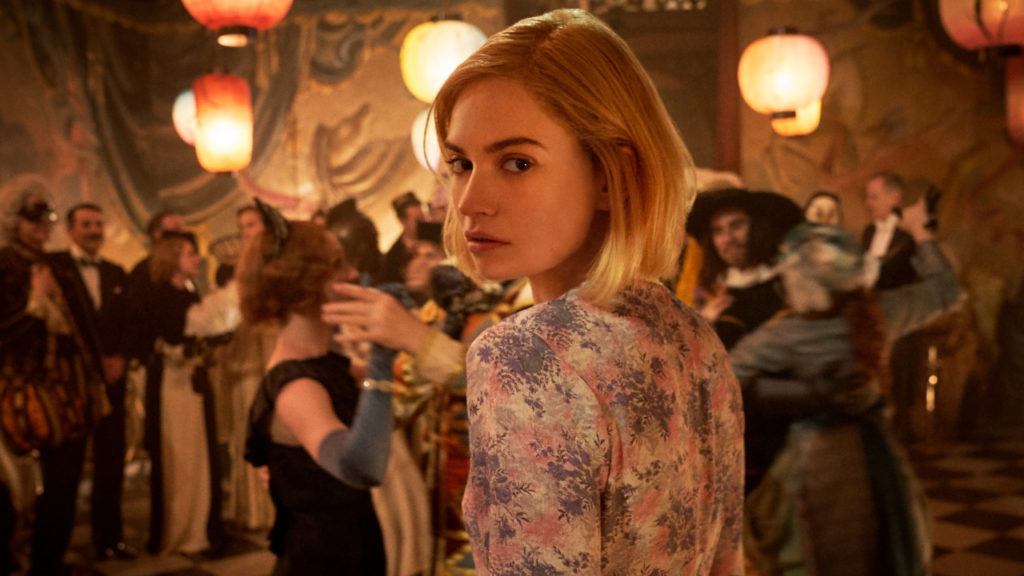
Not quite. Despite the more realistic relationship between Lily James and Danvers, Judith Anderson’s portrayal of the housekeeper added to the creeping dread that Joan Fontaine was slowly being driven mad.
The chilly relationship between the emotionally distant Hammer and James works far better now as a romance, but while the original swung between genres, this one doesn’t quite seem to know where it wants to fit. A romance with a dark secret, a murder mystery, a psychological thriller, or something else.
The original film had moments of dread that this remake can’t quite match, even with the imposing hallways of Manderley, including some from Hatfield House, also seen recently seen in Enola Holmes. Even the addition of some creepy dream sequences and lavish location shots can’t quite fill the gap.
Reflections on Rebecca
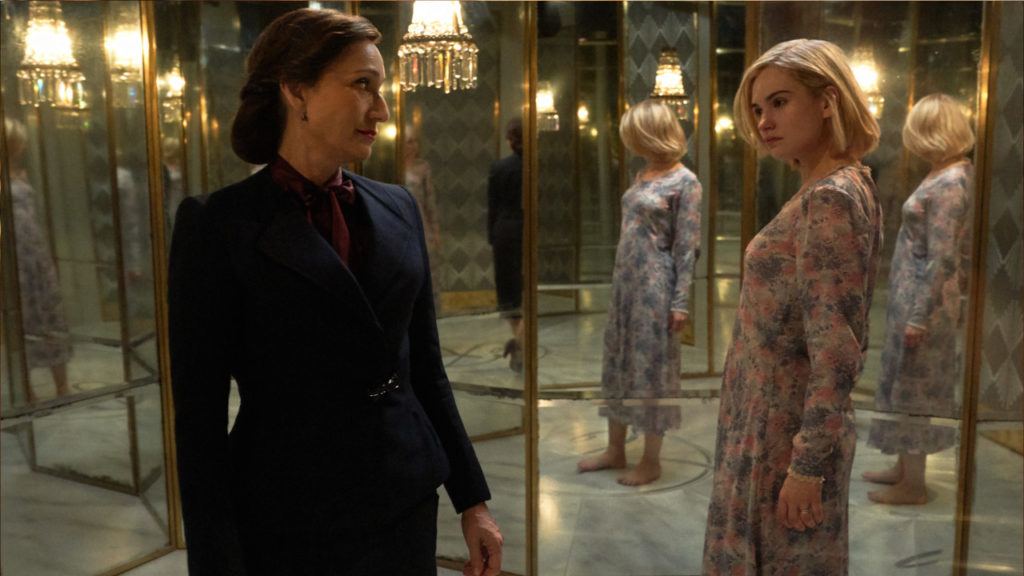
The magnificent mirror lined foyer to Rebecca’s apartments in the west wing seems like it’s custom made for some creepy visuals but it’s an opportunity that goes mostly unexplored.
The climax of the film also falls a little flat for me. A surprise, considering how chilling I found the end of the original during a recent rewatch. I was left wondering how this was from the director of Kill List, a film whose ending was so devastating I had to sit in silence processing it for half an hour. It left such a mark I ended up buying the T-shirt.
Netflix’s Rebecca updates Alfred Hitchcock’s classic for modern audiences but loses some of the dread of original, falling slightly short of joining its predecessor in the hallowed halls of cinematic classics.
Rebecca
Netflix
121 mins
Director: Ben Wheatley
Writers: Jane Goldman, Joe Shrapnel, and Anna Waterhouse (based on the novel by Daphne Du Maurier)
Cast: Lily James, Armie Hammer, Kristin Scott Thomas, Ann Dowd, Tom Goodman-Hill, Jeff Rawle, and Mark Lewis Jones.

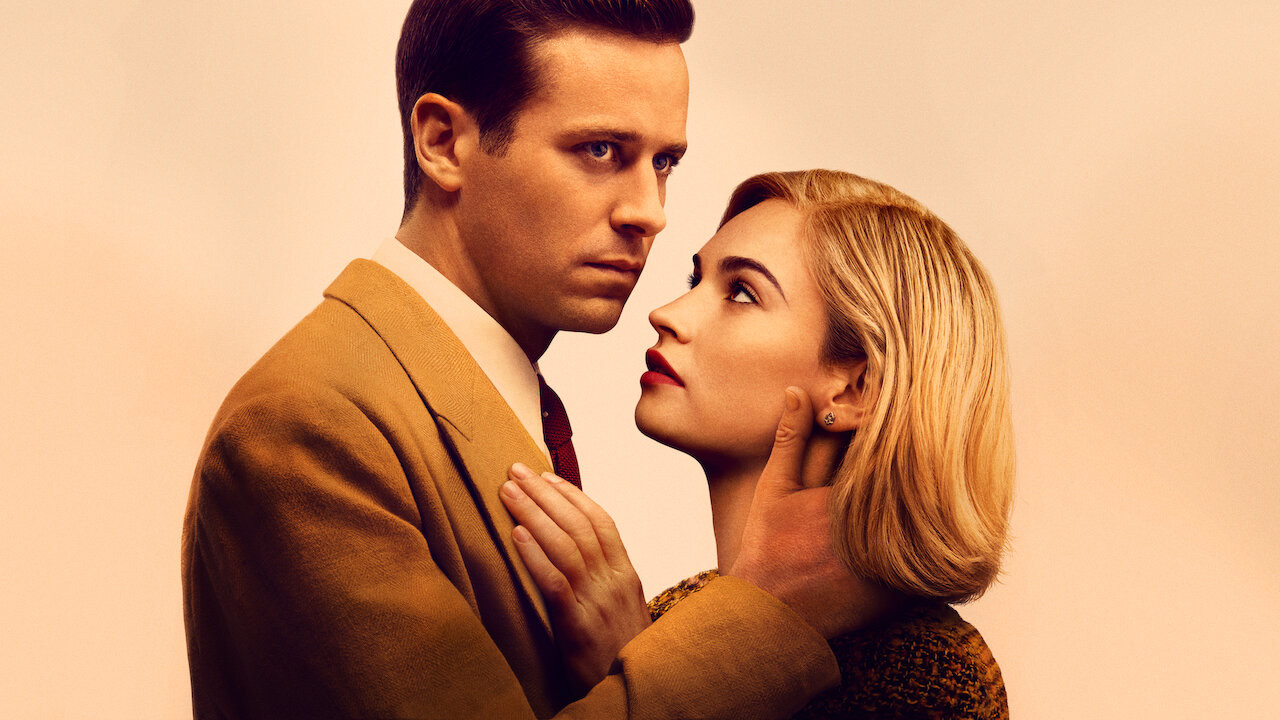


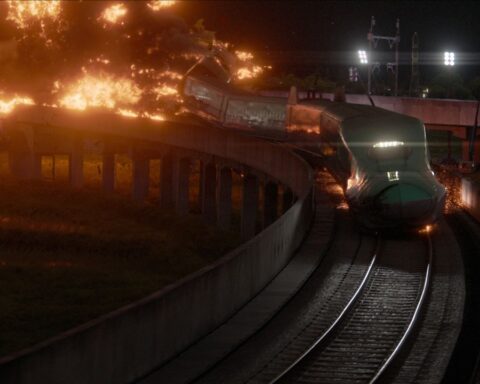
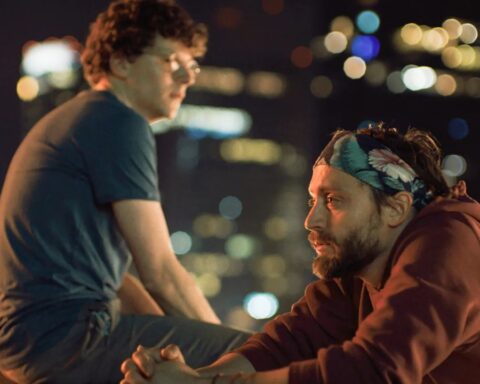

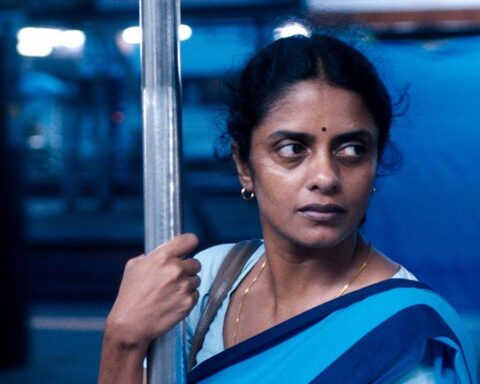
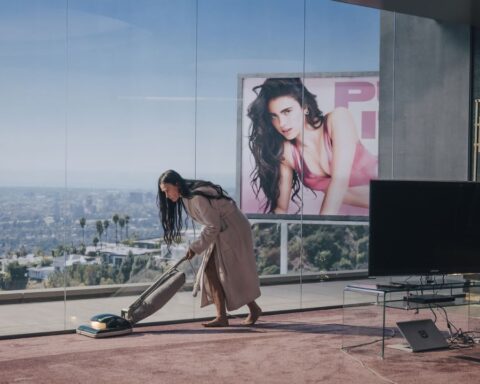
Follow Us